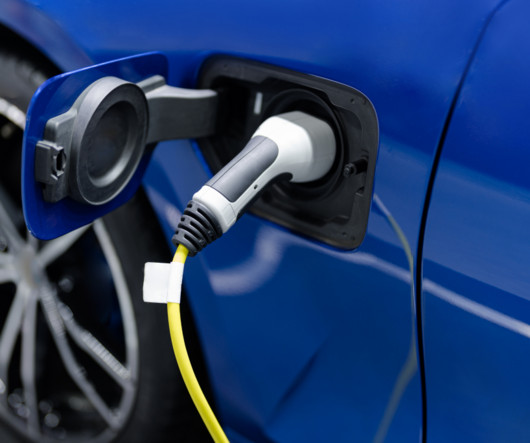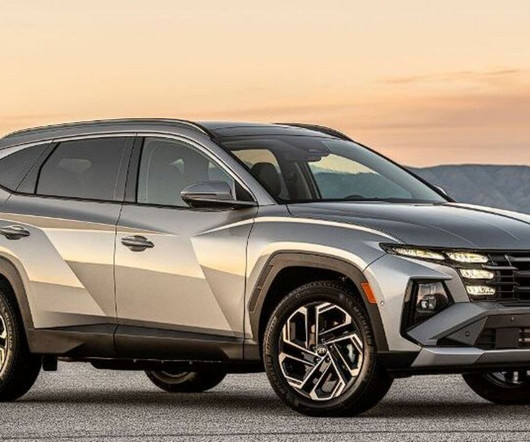Electric vs. Gasoline Cars: Uncovering the Real Climate Savior
The Truth About Cars
FEBRUARY 23, 2024
Tools to Measure Your EV's Environmental Impact The Environmental Protection Agency (EPA) and the Department of Energy (DOE) offer valuable resources for assessing the environmental impact of EVs. Notably, in 2020, renewable energy sources rose to become the second-most dominant source of electricity in the United States.



































Let's personalize your content